Key Skills Gap for the Future of Manufacturing
Embracing Data-Driven Manufacturing
Manufacturing is evolving from a limited data-focused activity to a dynamic, data-driven enterprise. The power of data and connected systems is transforming how manufacturers capture real-time information to build competitiveness and boost productivity. This shift requires a workforce adept at understanding and leveraging data on the plant floor.
Key Areas of Training and Skills Development:
- I/O-Based Technologies: Mastery of sensors (input), programmable logic controllers (PLCs) and actuators (output) is crucial. These components enable efficient monitoring and management of manufacturing processes.
- Programming Proficiency: Training in programming languages such as C, C++, Python, Java and Snap is essential. Workers must be familiar with programming equipment operations to streamline processes.
- Machine-to-Machine Communication: Understanding communication protocols like OPC UA, MQTT and Sparkplug B is vital. Knowledge of data collection concepts (data historians) and connected systems helps plant management make informed, data-driven decisions.
Physical Automation: The 21st Century Factory
Developing knowledge and applied skills in physical automation is a significant career path in modern manufacturing. The advent of automated equipment, including conveyors, handlers and robotics, necessitates expertise in operation, programming, maintenance and integration.
Key Areas of Training and Skills Development:
- System Planning and Integration: Training in the planning, setup, integration and operation of physical automation systems from manufacturing to inventory is essential.
- Robotics Systems Operation: Mastering the operation and programming of multi-axis robots for handling, fabrication, finishing and inspection using vision systems is critical. This includes understanding autonomous and semi-autonomous robots for distribution and inventory management.
- Maintenance and Repair: Expertise in maintaining and repairing industrial robots and other physical automation systems is a valuable skill set.
Cognitive, Leadership and Interpersonal Skills
In today’s interconnected and fast-paced manufacturing environment, cognitive, leadership and interpersonal skills are in high demand.
Key Areas of Training and Skills Development:
- Cognitive Skills: Training in critical thinking, problem-solving, creativity, proactive thinking and mental discipline is essential for navigating complex manufacturing scenarios.
- Leadership Skills: Mentorship in team building, conflict management, decision-making, ethics and emotional intelligence prepares workers for leadership roles.
- Interpersonal Skills: Coaching in collaboration, effective listening, digital communication, etiquette and self-awareness fosters a harmonious and productive work environment.
Conclusion
The transition to smart manufacturing demands a versatile skill set that encompasses data-driven decision-making, physical automation and strong cognitive and interpersonal abilities. By investing in comprehensive training programs, manufacturers can equip their workforce with the necessary tools to thrive in the modern manufacturing landscape. Embrace the future of manufacturing by enhancing your skills and staying ahead in the industry.
About the Digital Foundry at New Kensington
A key mission of the Digital Foundry is the education and training of the current and future workforce. We offer several levels of technical training on many of the skills mentioned here, interspersed with exposure to essential interpersonal skills. Check out an overview of our training here: https://digitalfoundrynk.com/training/ and contact us at info@digitalfoundrynk.com or 724-472-1180 to learn more.


